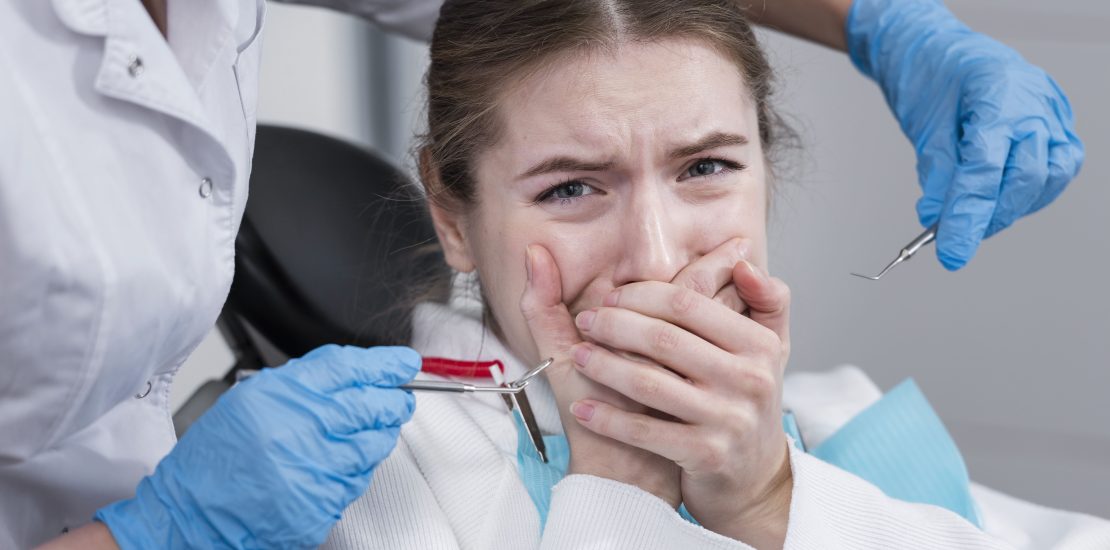MON-FRI: (09.00 to 17.00)
SATURDAY: APPOINTMENT ONLY
SUNDAY: CLOSED

Let’s be honest — tooth pain is the worst. It creeps in slowly or sometimes hits you like a truck at 3 am, and suddenly you’re googling things like “Can I pull my own tooth out?” (Please don’t.) One question a lot of people ask when the pain gets unbearable is: “Should I go to

You’ve got a toothache. You pop a couple of painkillers, expecting it to ease up. But hours later? Still aching. Maybe worse. Sound familiar? If you’ve been in this situation — and especially if it’s not the first time — you’re not alone. Tooth pain that doesn’t go away with painkillers is one of the
You’ve got a toothache. You pop a couple of painkillers, expecting it to ease up. But hours later? Still aching. Maybe worse.
Sound familiar?
If you’ve been in this situation — and especially if it’s not the first time — you’re not alone. Tooth pain that doesn’t go away with painkillers is one of the most common things we see in the clinic. And here’s the honest answer: painkillers don’t fix the actual problem. They just hit “snooze” on it for a little while.
Painkillers like ibuprofen or paracetamol can help reduce swelling or block pain signals temporarily. But if the ache keeps returning, it usually means there’s something going on inside the tooth — and unfortunately, tablets won’t reach that far.
Let’s break down a few possible reasons:
This is a big one. If bacteria have worked their way into the pulp (the nerve of the tooth), the pain can become deep, constant, and hard to ignore. You might feel it as a throbbing ache or sharp jabs when you chew or drink something hot. In this case, no amount of painkillers will clear the infection — you’ll likely need proper treatment, like a root canal, to sort it out.
Cavities can sometimes develop quietly, especially between teeth. They don’t always cause pain early on. But once the decay gets deep enough, it can irritate the nerve and cause pain that flares up — particularly with sweet foods or cold drinks. Again, painkillers might dull it for a few hours, but they won’t stop it from getting worse.
You might not be able to see it, but if your tooth has a small crack (maybe from biting something hard or grinding at night), it can expose the sensitive inside of the tooth. That means pain when chewing, cold sensitivity, and sometimes a dull ache that sticks around. These cracks don’t heal on their own — they usually need to be sealed or restored.
Sometimes the problem isn’t the tooth itself — it’s the gums around it. If your gums are inflamed, infected, or receding, the area can feel sore or tender. It’s common to mistake this for tooth pain, and once again, painkillers won’t treat the cause.
If painkillers aren’t doing the job — or if you find yourself needing them every day — it’s time to get the tooth checked.
Book in if:
We totally understand wanting to avoid the dentist chair — but when a tooth keeps hurting, it’s your body’s way of saying “something’s not right.”
The good news? Most causes of tooth pain are treatable — often quicker and easier than people expect. But the sooner we catch it, the simpler it is to fix.
We offer gentle, judgement-free care and will always talk you through your options. Give us a call or book online — and let’s get that tooth sorted once and for all.